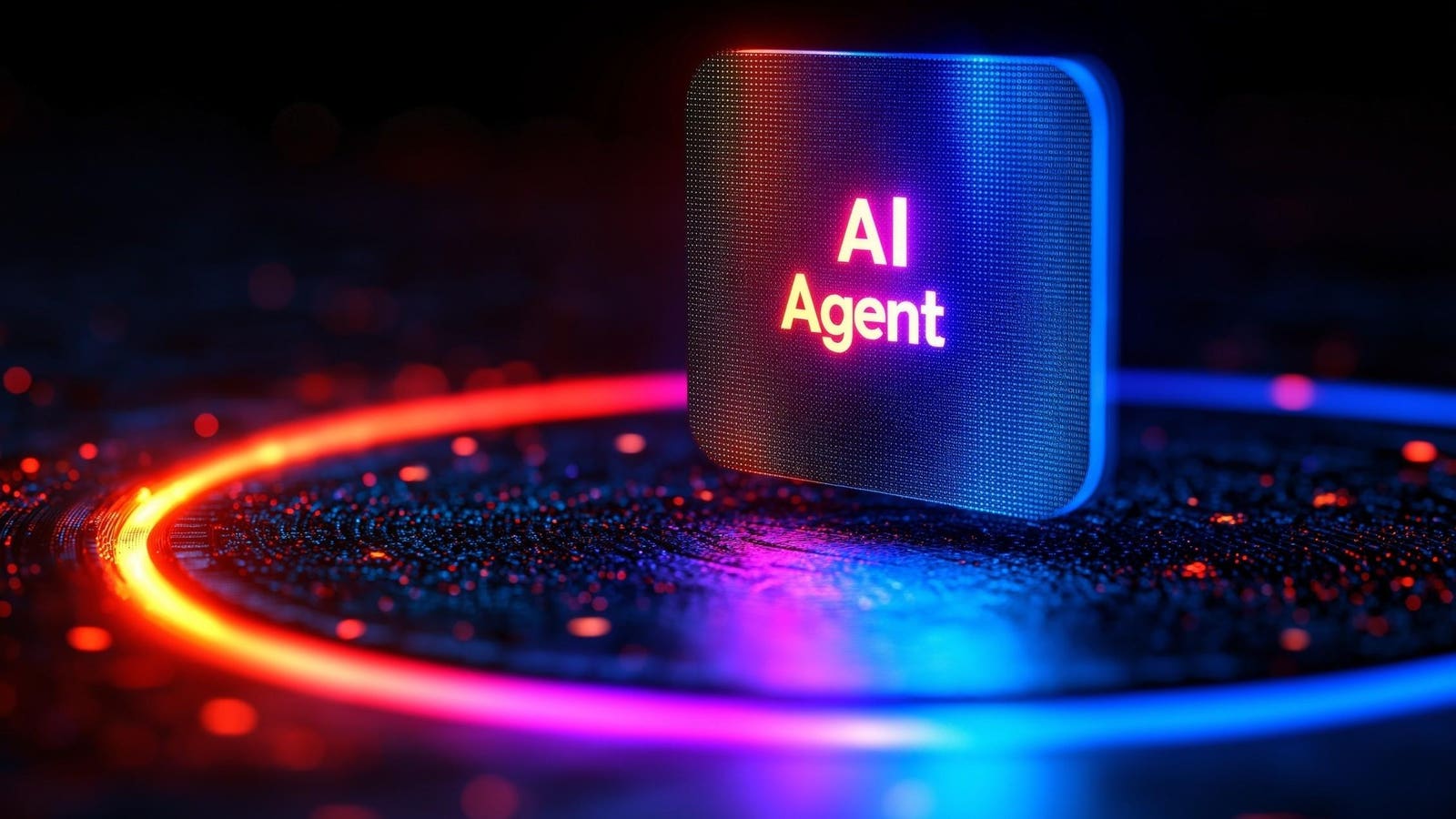Amazon Introduces New AI Agents Designed to Manage Your Daily Tasks

Amazon’s latest AI initiative, known as “Nova Act,” aims to change how we interact with technology in our everyday lives, potentially outpacing competitors such as OpenAI and Anthropic.
Adobe Stock
The upcoming phase of AI innovation will center around what are known as agentic AIs. Unlike traditional AI that responds directly to user prompts, these new systems have the ability to conduct intricate tasks autonomously.
This shift could significantly alter our daily lives as these intelligent systems will handle various tasks like shopping, scheduling, managing travel, and interacting with online services on our behalf. Amazon has long envisioned bringing AI to domestic settings, making their Alexa voice assistant a household name globally, albeit often used for simple tasks like setting timers.
Understanding Nova Act
Recently, Amazon unveiled its agentic AI model, Nova Act, which operates similarly to ChatGPT. This AI can take control of web browsers, performing many of the daily tasks typically done by users themselves.
The potential impact of Nova Act is vast, considering how many routine activities we rely on applications for. According to Amazon, this AI can manage tasks such as booking travel, completing online purchases, and organizing calendars. Unlike other platforms, Nova Act will be integrated into an upcoming upgrade for Alexa, enhancing its utility significantly.
Privacy concerns will be a priority, given that such technology might collect sensitive information about users’ lives. According to a TechCrunch report, Nova Act has demonstrated superior performance in certain evaluations compared to competitors, marking a significant step in AI advancement.
The Rise of Agentic AI Assistants
Other agentic services, such as Operator and Manus, are also making strides, but lack the widespread access to homes that Nova Act possesses. While popular voice assistants facilitated the adoption of voice technology, they have been slow to include advanced language models like those used in ChatGPT.
Once users experience a conversational interaction with models such as ChatGPT, switching back to basic voice assistants like Alexa or Siri can be disappointing due to their limitations in understanding context and complex requests.
However, these assistants excel at connecting with a range of applications and services. By integrating agentic functionality, Amazon could transform home assistants into capable conversational partners similar to ChatGPT while maintaining a framework for managing external services, much like the existing functionality of Alexa and Siri.
The competition is certainly heating up, with Apple enhancing Siri with an advanced intelligence platform to create modern, AI-equipped devices, while Google has introduced its Gemini chatbot, which functions as a standalone voice AI.
Concerns Surrounding Agentic AI
While agentic AI presents promising opportunities for transformation, there are several concerns worth addressing before full-scale adoption. Cybersecurity is a significant issue; integrating new technology into our homes may create new vulnerabilities to cyber threats.
Privacy is another major concern, particularly as smart speakers and AI assistants may be susceptible to recording private conversations. With a system like Nova Act continuously in operation, the risk of privacy breaches heightens.
Moreover, dependence on AI for everyday tasks could lead to diminished human problem-solving and decision-making skills, sparking fears of over-reliance.
AI “hallucinations”—where AIs produce false or misleading information—are another aspect to consider. It remains uncertain how such inaccuracies will scale with action-based systems like Nova Act, but potential complications loom large.
Despite these challenges, it feels increasingly likely that agentic AI will play a critical role in our daily lives as it becomes integrated into our homes. With its strong presence in the market, Amazon is well-positioned to lead in this technology evolution, suggesting that further advancements are on the horizon.






